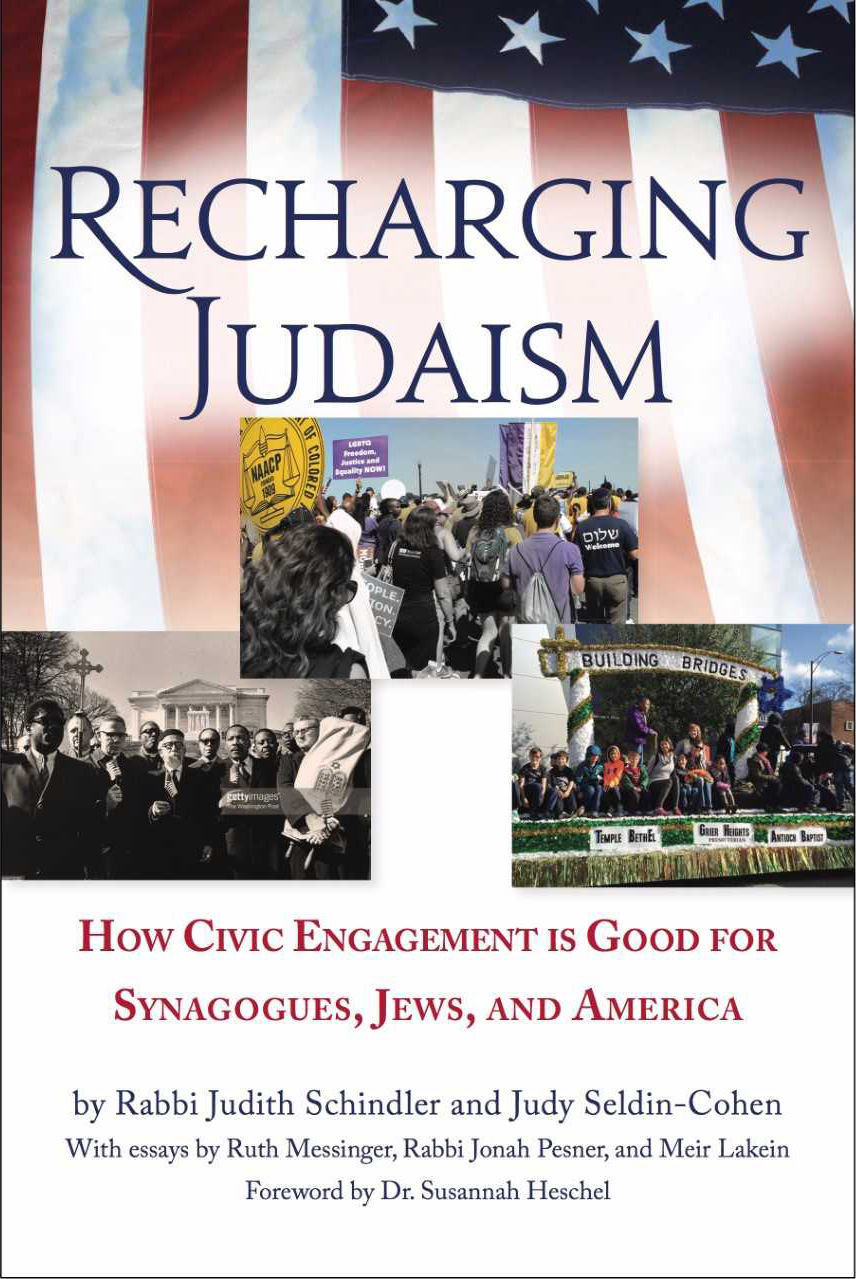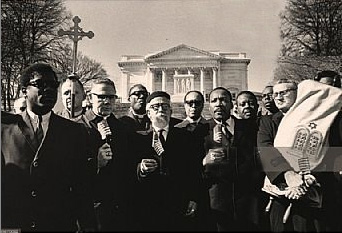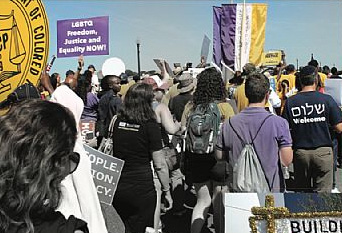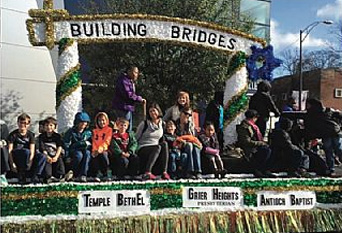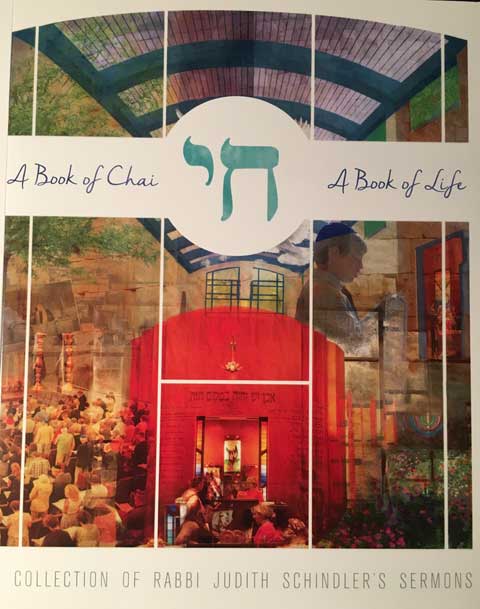Books
For keynotes and workshops related to the book, please contact: Sue Littauer at suelittauer@gmail.com
Recharging Judaism: How Civic Engagement is Good for Synagogues, Jews, and America by Rabbi Judith Schindler and Judy Seldin-Cohen! Recharging Judaism is the essential and timely guide for every synagogue and community …
Inside you’ll find:
“10 Steps to Success for Congregational Rabbis”
#1 Do Your Homework…
#5 Develop Strong Clergy Partnerships…
#8 Emulate the House of Hillel…
“The 5 “P’s” of Successful Lay Leadership”
Passion, Pipeline…
Four Common Complaints
View a One Minute of Wonder video summarizing
the complaints, teachings and realities
“Four Models of Synagogue Civic Engagement”
#3 The Coalition Model
Study Sheets with Rabbinic texts available for every chapter.
And many more resources for expanding your congregation’s work of civic engagement.
About the cover photos
Rabbi Maurice Eisendrath carrying a Torah alongside Dr. Martin Luther King Jr. and Rabbi Abraham Joshua Heschel as part of a Vietnam War protest at Arlington National Cemetery on February 6, 1968.
Q&A with Authors Rabbi Judith Schindler and Judy Seldin-Cohen
What is civic engagement?
Civic engagement is the process of addressing an injustice, with the goal of improving our collective future. Civic engagement is non-partisan, although it may involve political processes to change local, state, or federal policies. Civic engagement may entail mobilizing consumers or other stakeholders to use their power to alter unethical or unsustainable institutional practices.
Why should American synagogues incorporate civic engagement alongside their traditional offerings?
Civic engagement connects Jews with Jewish community both inside and outside the walls of synagogue buildings, connecting the loosely affiliated more profoundly and meeting the unaffiliated in the secular world. As synagogues embrace civic engagement, Jews who are instinctively drawn to this work become confident voicing the teachings of our faith, living Jewish values as they transmit them to the next generation. Civic engagement through our synagogues empowers us to respond as Jews and as Jewish institutions to address the serious challenges facing our country today.
What if only some congregants are interested in civic engagement?
That’s fine. Just as we do not expect every congregant to participate in all three of the synagogue’s traditional pillars –Torah study, worship services, and acts of loving-kindness — we know that civic engagement appeals to only a segment of the congregation. Embracing civic engagement as a fourth leg engages many American Jews with a Judaism they find relevant, connecting them profoundly to their synagogues.
Who should read this book?
The book is intended for a diverse group of readers: clergy across the streams of Judaism, synagogue board members, lay leaders, steadfast volunteers, involved and uninvolved congregants, Jewish activists, intrigued secular Jews, and inquisitive non-Jews who see the foundational value of this work.
Where did you find the examples cited in the book?
Over the course of two years, we interviewed fifty clergy and lay leaders in eighteen American synagogues. These synagogues ranged in size from 130 to 1,300 families — located in progressive states and in conservative states, in cities ranging from one hundred thousand to a few million in population. Yet, each made a meaningful difference advocating for change as a Jewish congregation.
Is this the first collaboration for the authors?
Rabbi Judith Schindler and Judy Seldin-Cohen spent ten years collaborating on social justice initiatives prior to researching and writing Recharging Judaism.
Their first project was the award-winning documentary “Souls of Our Students: Appreciating Differences,” recently updated with the addendum “A Transgender Focus.” They spearheaded the first Jewish-sponsored site for the Children’s Defense Fund® Freedom Schools.
Their extensive work in homelessness and affordable housing includes creating an advocacy policy for Temple Beth El, a second award-winning documentary “Souls of Our Neighbors: Fears, Facts & Affordable Housing,” and the website SolveThePuzzleCharlotte.org, now hosted by the Homeless Services Network. Seldin-Cohen also serves on the advisory council for the Stan Greenspon Center for Peace and Social Justice, for which Schindler is the founding director.
Reflections on the book from scholars and Jewish leaders…
“Yes! Rabbi Judy Schindler and Judy Seldin-Cohen have provided exactly what we need: real, thoughtful, hands-on opportunities for Jewish communities to make concrete change in America. As we read in Deuteronomy, pursuing justice is an eternal religious obligation for the Jewish people. If there was ever a time when we were called to that obligation, it is now.”
“Recharging Judaism is a welcome addition to the growing literature on Jewish social justice. Perhaps the book’s greatest contribution are the innumerable examples provided of rabbis and lay leaders, throughout the country, who are taking on significant social policy issues through voluntarism and advocacy. In so doing, these leaders are exciting interest in Jewish life among Jews who might otherwise remain unengaged and they are fulfilling one of the core purposes of Judaism.”
“For those of us who sometimes struggle to articulate how to connect our commitment to social justice back to Judaism and our teaching and tradition, this book is written for us.”
“This book will make a tremendous contribution to congregations like mine that are just embarking on serious social justice work.”
“This book is a guide and an inspiration for Jews in this troubled time, showing us how to become agents of change in world that is crying out for justice. In Peter, Paul and Mary, it was our deep civic engagement, expressed in our songs and in our actions, that united us and guided us through the life-changing, painful, glorious, struggles of the Civil Rights Movement, the Anti-Vietnam War Movement and movements beyond. As a Jew and an activist, if I could have one wish fulfilled, it would be that Judaism would indeed be recreated according to the precepts of this book. I have no doubt that if this were to occur, it would usher in a golden era -not only for Jews but for all those inspired to follow this crucially important path, now more than ever.”
About Co-Author Judy Seldin-Cohen
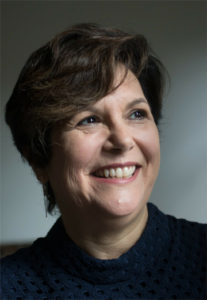 Judy Seldin-Cohen is a community advocate and author. Since 2005, she has collaborated with her clergy at Temple Beth El (Charlotte, NC) to expand the congregation’s social justice impact.
Judy Seldin-Cohen is a community advocate and author. Since 2005, she has collaborated with her clergy at Temple Beth El (Charlotte, NC) to expand the congregation’s social justice impact.
Prior to researching and writing Recharging Judaism, her collaborations with Rabbi Schindler included establishing the first Jewish-sponsored site for the Children’s Defense Fund® Freedom Schools and creating two award-winning documentaries – “Souls of Our Students: Appreciating Differences” and “Souls of Our Neighbors: Fears, Facts & Affordable Housing.” Seldin-Cohen is also a lay leader at Temple Beth El (Charlotte, NC), where she has served on the board, led the social justice committee, and represented the temple in the community.
Outside the synagogue, she advocates for homelessness solutions and LGBT inclusion and has periodically served on non-profit boards.
Her professional life prior to moving to Charlotte includes management consulting at Booz, Allen in Chicago and vice president of ticketing at the Jacksonville Jaguars NFL team.
Seldin-Cohen earned her MBA from the Kellogg Graduate School of Management at Northwestern University. She earned two bachelor’s degrees from the University of Pennsylvania as a Benjamin Franklin Scholar, graduating magna cum laude.
A Book of Chai: A Book of Life
A collection of thirty of Rabbi Judith Schindler’s High Holiday Sermons delivered from 1998-2013. To order, contact giftshop@templebethel.org.


